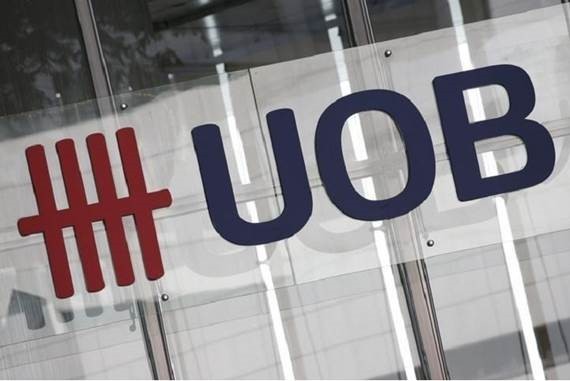
Image credit: The Edge Markets
KUALA LUMPUR: 2021 Budget is expected to be expansionary with a scal decit projection of 5.7 per cent of gross domestic product (GDP), according to United Overseas Bank (Malaysia) Bhd senior economist Julia Goh.
She said the stimulus measures including wage subsidies, cash aid, automotive sales tax exemption and property-related measures introduced this year could be extended into 2021.
New measures will likely be introduced to support consumption, stimulate investments, accelerate digitalisation, improve job creation and wages and promote environmental sustainability.
Goh said the expansionary budget for 2021 would entail four key focus areas namely caring for the people, steering the economy, enabling sustainable living and enhancing public service delivery.
"We do not expect new taxes to be introduced except for a possible pollution tax or carbon tax, and to streamline the existing tax system to further reduce leakages.
"The stimulus measures introduced in 2020 (i.e. wage subsidies, cash aid for the B40 and M40 groups, automotive sales tax exemption, and property-related measures) may be extended into 2021 alongside new measures to support consumption, stimulate investments, accelerate digitalisation, improve job creation and wages, and promote environmental sustainability," she said.
Some new measures will likely include targeted cash assistance for vulnerable groups and social protection schemes, extending electricity discounts, widening tax relief programmes, temporary income tax rate reductions, healthcare, vaccine procurement/distribution, reviving infrastructure projects, advancing foreign trade and investments, and enhancing public service delivery.
Goh said the government had targeted to achieve economic growth between 5.5 per cent and 8.0 per cent in 2021, from a contraction of between 3.5 per cent and 5.5 per cent this year.
"The pace of recovery hinges on the distribution of effective and safe Covid-19 vaccine, geopolitical risks and US-China relations. Barring any negative surprises, we expect Bank Negara Malaysia to keep policy rates on hold in the near term," she said.
The 2021 Budget is scheduled to be tabled on November 6, under the fifth phase (Revitalise) of the 6R Economic Recovery Strategy, with the focus to revitalise the economy through three objectives.
These consist of committment to continue protecting lives and livelihood, build on the current recovery momentum that was spurred by the RM305 billion (21 per cent of GDP) worth of economic stimulus packages, and a combination of business-friendly policies, prudent fiscal management, and effective transformation tools to build the country's resilience.
"The coming budget will be the first budget during the Covid-19 pandemic and the first budget under Malaysia's next five-year economic plan or the 12th Malaysia Plan.
"As such, it will present short and medium-term initiatives to elevate the country's economic development while addressing the negative lingering effects of the pandemic," Goh said.
She said the measures undertaken so far to contain the pandemic had weighed heavily on the economy, labour market, households, small medium enterprises and large companies particularly in the most affected industries.
Malaysia's economy contracted 8.2 per cent in the first half of 2020, although economic indicators had improved since May as conditions were nowhere near pre-pandemic levels.
"However, as recovery unfolds in 2021, market concerns could shift towards how governments tackle the fiscal risks and whether some pandemic assistance programmes are gradually rolled back."
She said there were still many unknowns particularly as the pandemic risks remain high and Malaysia entered a "third wave" in line with the increasing number of cases recorded globally.
The potential extension of wage subsidies for another six months could be some of the key elements that will lift next year's gross development expenditure to RM59.5 billion.
She said operating expenditure (Opex) was projected to amount to RM245 billion in 2021.
This would mainly reflect the continuation of cash assistance to the B40 and M40 households and individuals, social assistance for farmers and fishermen, one-off grants for businesses and hard-hit sectors by the Covid-19 outbreak.
"Fuel subsidy is not expected to be an issue for next year as global crude oil prices are expected to remain around US$40 per barrel.
"Overall the federal government revenue is projected at RM215 billion, amid the absence of additional revenue contributions from the government-linked companies and government-linked investment companies as well as lower petroleum-related revenue.
"This will be partly cushioned by higher corporate and individual income tax as the economy recovers. Export duties, import levies, as well as sales and service tax collection, are projected to rise in tandem with improving economic activity," she added.
Source: https://www.nst.com.my/business/2020/10/631916/2021-budget-be-expansionary-fiscal-deficit-projected-57pct-gdp

